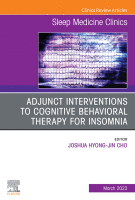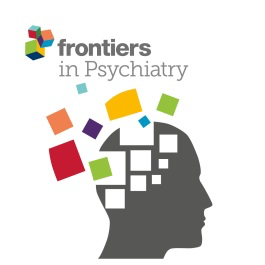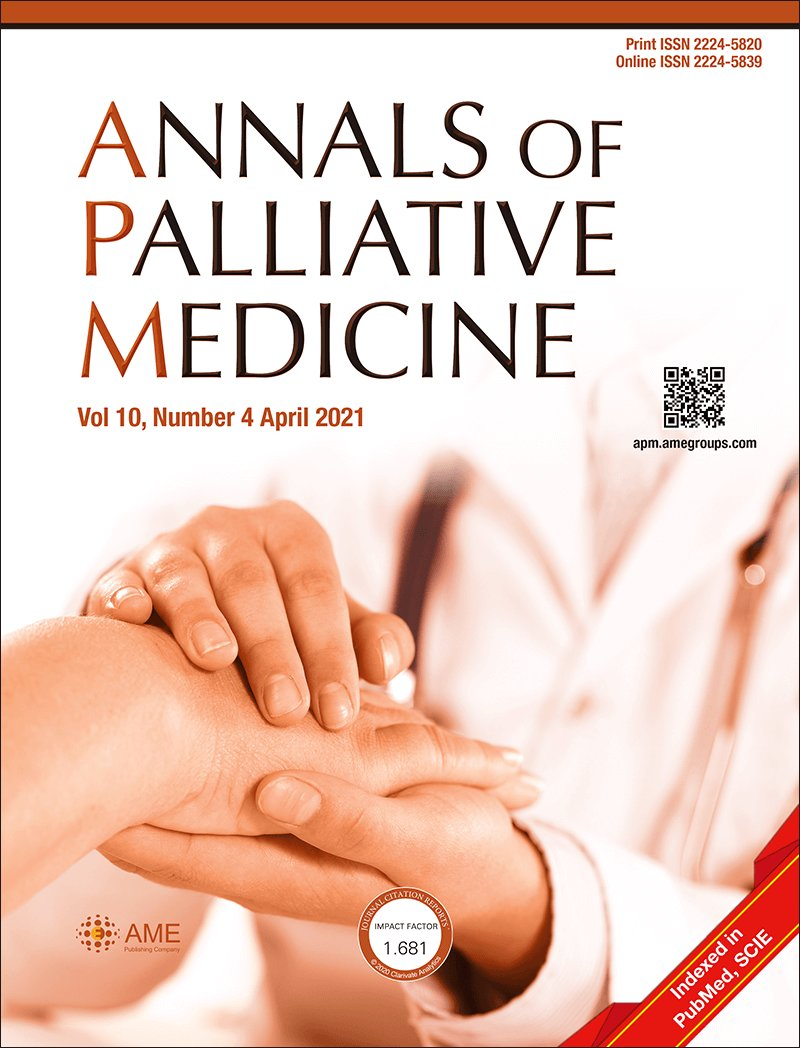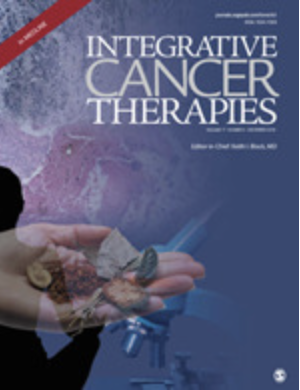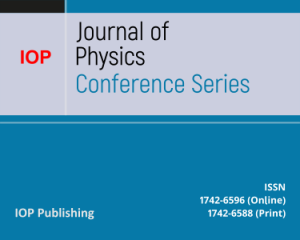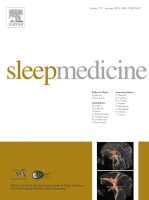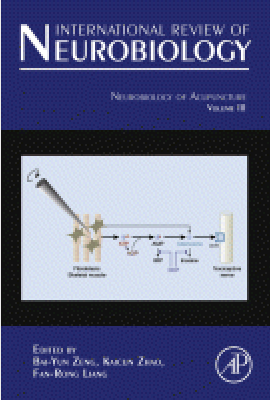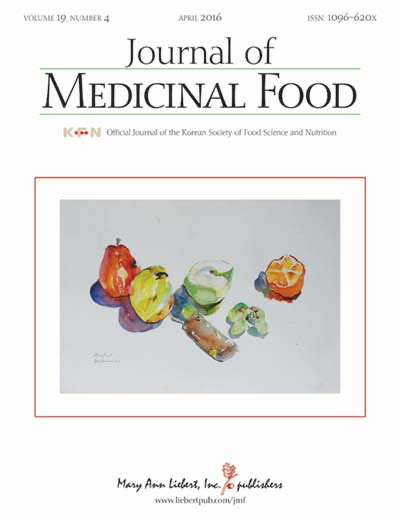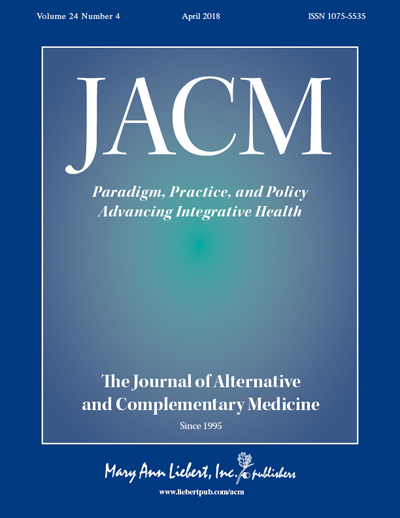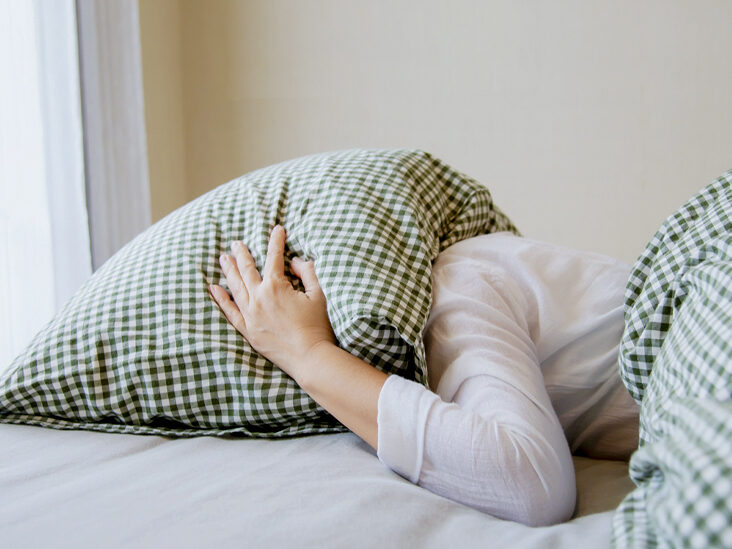
Acupuncture for Insomnia & Sleep Disorders.
Insomnia symptoms include difficulty falling asleep, staying asleep, falling back asleep or waking up unusually early. Vivid dreaming, frequent night-time urination and night sweating also affects a person's quality of sleep.
Other common sleep disorders include restless legs syndrome, teeth grinding, loud snoring and obstructive sleep apnoea. Young children are commonly troubled by bed-wetting.
It can help to look into the quality of your sleep if you often wake up with a foggy head and struggle to get going in the mornings.
What is our clinical experience?
Based on feedback collected from over 979 initial appointments for Insomnia & Sleep Disorders, 79% of our patients reported improved quality of life after their first 4 appointments. See our detailed benchmarking statistics.
Initial
Consults
979
Average
Appointments
4
Improved
Quality of Life
79%
Refer Family &
Friends
88%
Who have we treated with this condition?
The age groups and genders we see most frequently with this condition. Note: this chart only represents the people who seek treatment at Ping Ming Health clinics for this condition.
How many sessions of treatment?
The average number of appointments that patients attend for this condition. Some conditions respond quickly while others may require ongoing treatment.
Which types of treatments?
The types of treatments that are most frequently provided for this condition. Some treatments may be used in combination at the same time.
What does the research say?
The following insights are obtained from systematic reviews and analysis of clinical trials investigating the efficacy of Chinese medicine and acupuncture for insomnia & sleep disorders.
2023 Sleep Medicine Clinics
Acupuncture may enhance the effectiveness of cognitive-behavioral therapy for people suffering from insomnia and related conditions.
The research methodology used in this paper is mainly a theoretical analysis and discussion of the potential synergistic effects of combining cognitive-behavioral therapy for insomnia (CBT-I) and acupuncture. This involves analysis of the current evidence base for the efficacy of acupuncture in treating insomnia and related conditions, along with examination of the practical, logistical, and regulatory aspects of combining these two treatments.
In the discussion of their results, the researchers found that there is a growing body of evidence that supports the potential benefit of acupuncture in treating insomnia and its comorbidities, enhancing the current standard treatment approach of CBT-I. This appears to be an innovative approach that could potentially enhance the treatment effectiveness and outcomes for those struggling with insomnia, though it concurrently raises complex issues in terms of its practical and regulatory implementation.
Acupuncture as an Adjunct Treatment to Cognitive-Behavioral Therapy for Insomnia Kutana S, Mao JJ, Garland SN
2022 Medicine
High prevalence of insomnia, anxiety, and depression among perimenopausal women, emphasizing the importance of exploring acupuncture as a potential green therapy for effectively addressing these interconnected issues.
This passage discusses the prevalence of insomnia among perimenopausal women, its association with anxiety and depression, and the potential of acupuncture as a green therapy for treating these issues. The passage outlines the objectives and methods of a systematic review aiming to evaluate the efficacy of acupuncture in improving sleep quality and alleviating anxiety and depression in perimenopausal women, highlighting the need for safer alternatives to conventional medications and the significance of such a study.
Can acupuncture improve sleep quality and anxiety among women during perimenopause? Ping Y, Liang C, Fan X, Zhang L, Ying D, Wang Z
2022 Frontiers in Psychiatry
Acupuncture can be a safe and effective alternative therapy to conventional drugs for improving sleep quality and relieving symptoms in patients with active depression.
The research methodology involved a systematic review of randomized controlled trials focusing on the effect of acupuncture on depression-related insomnia. These studies were identified from seven different databases, dating up until December 2021. The papers included compared acupuncture to controls (waiting list or placebo/sham acupuncture) and conventional treatments (Western pharmacotherapy and/or cognitive-behavioral therapy) either alone or in combination with acupuncture. The analysis followed Cochrane criteria and encompassed a total of 21 trials, including 1,571 participants.
Regarding results, it was found that acupuncture significantly reduced severity metrics of sleep quality and depression for patients who have active depression, compared with placebo-acupuncture. When contrasted with standard care (antidepressants and/or sleeping aids), acupuncture led to improvements in sleep quality and depressive symptom scores. However, for those suffering from the lingering symptoms of past or partially treated depression, the therapeutic benefits of acupuncture were minor and not statistically noteworthy. Unfortunately, no studies were found to review acupuncture's efficacy compared to cognitive-behavioral therapy or its potential synergistic effect when used concurrently.
The Role of Acupuncture in the Management of Insomnia as a Major or Residual Symptom Among Patients With Active or Previous Depression: A Systematic Review and Meta-Analysis Zhao FY, Kennedy GA, Spencer SJ, Conduit R, Zhang WJ, Fu QQ, Zheng Z
2021 Evidence-Based Complementary and Alternative Medicine
The comprehensive evaluation results show that scalp acupuncture is effective in treating insomnia.
A total of 21 studies were included in this study, and a total of 1606 cases were included. The comprehensive evaluation results show that scalp acupuncture is effective in treating insomnia. Compared with the control group, scalp acupuncture can significantly improve the effective rate of treating insomnia. The PSQI score subgroup analysis showed that the PSQI score of the head was significantly better than that of the drug and blank group, but there was no significant difference from other acupuncture methods. Sensitivity analysis showed that scalp acupuncture ameliorates the PSQI score better, but excluding any item had high heterogeneity. Meta regression analysis of PSQI score according to different intervention measures in the control group showed that the difference of intervention measures in the control group was the source of heterogeneity. In terms of adverse events, the scalp acupuncture group had no adverse events, which was significantly better than the control group. Based on this study, we found that scalp acupuncture is effective and safe in the treatment of insomnia.
Efficacy and Safety of Scalp Acupuncture for Insomnia: A Systematic Review and Meta-Analysis Fu-gui Liu, Ai-hua Tan, Chao-qun Peng, Yun-xia Tan, Ming-chao Yao
2020 Annals of Palliative Medicine
Acupuncture treatment of insomnia is efficacious, not because of its placebo effect.
Acupuncture is a common alternative therapy for clinical treatment of insomnia. As the underlying mechanism is yet unclear, its efficacy is often considered as placebo effect. To clarify whether acupuncture treatment of insomnia is only due to its placebo effect, a systematic review and a meta-analysis were designed based on the comparison between acupuncture and sham acupuncture.
Compared to the sham groups, acupuncture significantly decreased the PSQI score (P<0.0001). A subgroup analysis showed that the selection of sham acupuncture methods did not affect the results of PSQI. A subgroup of two trials with a total of 141 participants with major depressive disorder did not show any significant reductions in total PSQI scores (P=0.11). In addition, a significant difference was detected in the change of Insomnia Severity Index (ISI) scores (362 adult patients, 4 trials) between acupuncture and sham acupuncture (P<0.0001). The PSG and actigraphy data from acupuncture and the sham did not reveal any significant differences in the sleep structure changes.
For the selection of sham acupuncture, both methods performed similarly in a clinical setting. Moreover, insomnia patients with major depression disorder were not recommended to use only acupuncture treatment.
Placebo effect of acupuncture on insomnia: a systematic review and meta-analysis Liu C, Xi H, Wu W, Wang X, Qin S, Zhao Y, Zheng S, Wan Q, Xu L.
2020 Integrative Cancer Therapies
Tian Wang Bu Xin Dan can potentially alleviate symptoms of cancer-related insomnia similarly to cognitive-behavioral therapy.
In this study, 22 participants were divided equally between a group given Cheonwangbosimdan and a control group who received cognitive-behavioral therapy for insomnia. Participants in the Cheonwangbosimdan group were required to consume the herbal liquid daily and participate in weekly visits for a period of four weeks. Conversely, the control group underwent behavioral therapy sessions 4 times over the same four-week period.
The outcomes from these interventions were evaluated using key indices that measured participants' insomnia severity, sleep quality, fatigue, anxiety, and overall performance status. With the focus being on changes observed from the inception of the trial to the end, these measurements were taken at the conclusion of the fifth week. While no significant difference was found between the two study groups, both displayed a positive trend towards alleviating the symptoms of cancer-related insomnia, with anxiety levels markedly lower in the treatment group.
Comparative Effectiveness of Cheonwangbosimdan (Tian Wang Bu Xin Dan) Versus Cognitive-Behavioral Therapy for Insomnia in Cancer Patients: A Randomized, Controlled, Open-Label, Parallel-Group, Pilot Trial Moon SY, Jerng UM, Kwon OJ, Jung SY, Lee JY, Yoon SW, Shin WC, Byun JI, Lee JH
2019 Evidence-Based Complementary and Alternative Medicine
Acupuncture therapy is an effective and safe treatment for chronic pain-related insomnia.
In our current study, we pooled the data from nine studies involving 944 patients. Our pooled analysis indicated that acupuncture treatment was significantly better than drugs group in improving effective rate and cure rate and in debasing PSQI score and VAS score. In addition, compared with sham acupuncture, manual acupuncture treatment has an advantage in improving the effective rate and reducing the PSQI score, but the two groups have no statistical significance in improving the cure rate. In this meta-analysis, only four studies reported relevant adverse events. The combined data showed no significant difference in adverse reactions between acupuncture group and control group. Therefore, we can carefully recommend that acupuncture is as safe as control group for CPRI. In addition, adverse events were relatively mild, mainly including bruises, soreness, nausea, dizziness, and other discomforts. These adverse events can be effectively avoided by strengthening the aseptic operation specification, and improving the professional ability of doctors. Based on the findings of our included studies, we propose that acupuncture is an effective and safe therapy for patients with CPRI.
Acupuncture for Chronic Pain-Related Insomnia: A Systematic Review and Meta-Analysis Fushui Liu, Jianyu You, Qi Li, Ting Fang, Mei Chen, Nana Tang, Xiaojun Yan
2018 Medicine
Acupuncture might have effect in decreasing the number of micturition episodes, incontinence episodes, and nocturia episodes.
Overactive bladder is stated as the occurrence of urinary urgency which will cause negative impacts and decrease patients’ health-related quality of life. The aim of this systematic review is to assess the efficiency and safety of acupuncture for adults with overactive bladder (OAB) comparing with sham-acupuncture, drugs, and acupuncture plus drugs.
Acupuncture might have effect in decreasing the number of micturition episodes, incontinence episodes, and nocturia episodes. However, the evidence is insufficient to show the effect using acupuncture alone or the additional effect to drugs in treating OAB.
Acupuncture for adults with overactive bladder: A systematic review and meta-analysis of randomized controlled trials Zhao Y, Zhou J, Mo Q, Wang Y, Yu J, Liu Z.
2017 Journal of Physics Conference Series
Acupuncture treatment effectively improved the quality of sleep and the quality of life for chronic hemodialysis patients.
Twenty-eight hemodialysis patients suffering from insomnia were divided randomly into two groups, an acupuncture group (n = 15) who received acupuncture treatment at the points HT7 Shenmen, PC6 Neiguan, GV20 Baihui, and EX-HN1 Sishenchong, anda control group (n = 13) who underwent a sham procedure in which a needle was inserted into an elastic bandage at the same points. The acupuncture treatment was done during hemodialysis twice a week for five weeks. PSQI scores and the WHOQOL-BREF were assessed before treatment, after the fifth treatment, and at the end of the treatment. Significant differences were found in the PSQI score and in the WHOQOL-BREF between the acupuncture group and the control group by the end of the period of treatment. Acupuncture treatment effectively improved the quality of sleep and the quality of life for these chronic hemodialysis patients.
The effect of acupuncture treatment for insomnia in chronic hemodialysis patients J A Widjaja, C Simadibrata, A Srilestari, M B H Marbun
2017 Sleep and Biological Rhythms
Kiwifruit consumption before bedtime significantly improves sleep quality and daytime function in individuals with chronic insomnia in comparison to pear consumption.
In the methodology of this study, participants with chronic insomnia symptoms were randomly assigned to consume either 130g of kiwi or pear an hour prior to bedtime daily for a period of 4 weeks. This followed a baseline assessment period of one week. Various outcome measures such as sleep diaries, actigraphy, and several questionnaires were used to evaluate the effects of this dietary change.
The results showed a distinct improvement in sleep quality and daytime functionality in participants who consumed kiwi, as reported in the sleep diaries. However, the objective measures such as actigraphy and certain questionnaires did not show any significant changes. Hence, the research indicates that kiwi might have properties that enhance sleep, especially in people dealing with chronic insomnia.
The effects of kiwi fruit consumption in students with chronic insomnia symptoms: a randomized controlled trial Nødtvedt O, Hansen AL, Bjorvatn B, Pallesen S
2016 BMC Complementary Medicine and Therapies
Our results suggest that acupuncture could be effective for treating insomnia after stroke.
A total of 165 studies were identified; 13 RCTs met our inclusion criteria. Meta-analysis showed that acupuncture appeared to be more effective than drugs for treatment of insomnia after stroke, as assessed by the PSQI and by the efficacy standards of Chinese medicine. Intradermal acupuncture had significant effects compared with sham acupuncture, as assessed by the ISI and the AIS.
Acupuncture for insomnia after stroke: a systematic review and meta-analysis Lee SH, Lim SM
2015 Sleep Medicine
Chinese herbal medicine was superior to placebo and benzodiazepine drugs and was superior to benzodiazepines and psychotherapy alone as an adjunct therapy in terms of subjective sleep quality and quantity and safety.
In this study, we systematically reviewed 79 RCTs investigating a variety of Chinese herbal medicine (CHM) treatments for participants with insomnia. We also performed meta-analyses to estimate the efficacy of CHM on subjective sleep quality assessed by validated instruments, patient-rated sleep parameters, clinician-reported severity, and PSG results, as well as to determine the safety of CHM.
Overall, this systematic review and meta-analysis showed that CHM was superior to placebo and benzodiazepine drugs (BZDs) when used as a monotherapy and was superior to BZDs and psychotherapy alone as an adjunct therapy in terms of subjective sleep quality and quantity and safety. CHM was not associated with more benefit than non-BZDs, although the risks were less. These results suggest that CHM could be a promising alternative therapy with a good benefit–risk ratio.
Updated clinical evidence of Chinese herbal medicine for insomnia: a systematic review and meta-analysis of randomized controlled trials Xiaojia Ni, Johannah Linda Shergis, Xinfeng Guo, Anthony Lin Zhang, Yan Li, Chuanjian Lu, Charlie Changli Xue
2013 International Review of Neurobiology
The clinical efficacy of acupuncture appeared to be supported by evidence obtained from basic neuroendocrinological studies.
A number of studies have demonstrated that acupuncture may modulate a wide range of neuroendocrinological factors following stimulation of acupoints. Evidence has suggested that the clinical efficacy of acupuncture in treatment of insomnia is potentially mediated by a variety of neurotransmitters including norepinephrine, melatonin, gamma-aminobutyric acid, and β-endorphin. However, due to the complexity, these findings are far from conclusive. More research is necessary. More rigors methodology and integrated approach to evaluate both clinical and basic research evidence are required for future studies.
Acupuncture for the treatment of insomnia Kaicun Zhao
2010 Journal of Medicinal Food
Tart cherry juice blend yielded modest improvements in sleep for older adults with insomnia, exhibiting effects similar to or better than natural products like valerian and melatonin.
In the pilot study, 15 older adults who were suffering from chronic insomnia but were otherwise healthy participated in a randomized, double-blind, crossover design. The study lasted for 6 weeks, with each participant receiving both the proprietary tart cherry juice blend and a placebo for 2 weeks with a 2-week washout period between the two treatments. Sleep continuity and insomnia severity were evaluated by analyzing 2-week mean values derived from daily sleep diaries and the Insomnia Severity Index respectively.
The tart cherry juice blend was found to bring significant improvements in all assessed sleep variables before and after treatment. These improvements were particularly noticed in reducing insomnia severity, specifically the minutes awake after sleep onset, compared to placebo. Sleep latency, total sleep time, or sleep efficiency didn't show any notable improvements compared to placebo. The benefits of the tart cherry juice on sleep for older adults with insomnia were in the range of effect sizes seen in studies using valerian or melatonin, which are the most commonly studied natural products for insomnia. But these effects were considerably less than evidence-based insomnia treatments such as hypnotic agents and cognitive-behavioral therapies.
Effects of a Tart Cherry Juice Beverage on the Sleep of Older Adults with Insomnia: A Pilot Study Pigeon WR, Carr M, Gorman C, Perlis ML
2009 The Journal of Alternative and Complementary Medicine
Clinical studies have shown that acupuncture may have a beneficial effect on insomnia compared with Western medication.
Forty-six (46) randomized trials involving 3811 patients were included, and the methodological quality of trials was generally fair in terms of randomization, blinding, and intention-to-treat analysis. Meta-analyses showed a beneficial effect of acupuncture compared with no treatment and real acupressure compared with sham acupressure on total scores of Pittsburgh Sleep Quality Index. Acupuncture was superior to medications regarding the number of patients with total sleep duration increased for >3 hours. However, there was no difference between acupuncture and medications in average sleep duration. Acupuncture plus medications showed better effect than medications alone on total sleep duration. Similarly, acupuncture plus herbs was significantly better than herbs alone on increase of sleep rates. There were no serious adverse effects with related to acupuncture treatment in the included trials.
Acupuncture for Treatment of Insomnia: A Systematic Review of Randomized Controlled Trials Cao H, Pan X, Li H, Liu J.
Consult with our practitioners for personalised care and advice.
Although well-conducted clinical research can help members of the public to make better-informed decisions about their healthcare, we cannot claim that any particular treatment may be effective for any individual person.
When you consult with our Chinese medicine practitioners, you'll receive personalised advice and treatment based on your symptoms and Chinese medicine diagnosis.
Scientific References
Browse our collection of scientific clinical research on acupuncture for insomnia & sleep disorders.
It includes recent and reputable papers published by peer-reviewed journals within the last 10 years.

2023, Mar
Acupuncture as an Adjunct Treatment to Cognitive-Behavioral Therapy for Insomnia
Sleep Medicine Clinics
The study concludes that there is growing evidence supporting the effectiveness of acupuncture in treating insomnia and comorbid conditions, and further research is needed to explore its potential as an adjunct to CBT-I.
Kutana S, Mao JJ, Garland SN Full Article

2022, Jan 14
Can acupuncture improve sleep quality and anxiety among women during perimenopause?
Medicine
This study will provide new evidence on the effectiveness and safety of acupuncture for the treatment of insomnia, anxiety, and depression in perimenopausal women, and provide additional options for clinicians and patients to improve insomnia and anxiety.
Ping Y, Liang C, Fan X, Zhang L, Ying D, Wang Z Full Article

2022, Apr 15
The Role of Acupuncture in the Management of Insomnia as a Major or Residual Symptom Among Patients With Active or Previous Depression: A Systematic Review and Meta-Analysis
Frontiers in Psychiatry
There is a low to moderate level of evidence supporting acupuncture as a safe and effective remedy alternative to or adjuvant to conventional pharmacotherapy (antidepressant and/or hypnotic) in improving insomnia and other depression symptoms among patients with active depression. Furthermore, the patients' complaint of disrupted sleep continuity is most likely to benefit from acupuncture. The benefit of acupuncture on residual insomnia associated with previous or partially remitted depression is limited. Future acupuncture studies need to consider applying optimal dosage and addressing deficiencies in trial quality.
Zhao FY, Kennedy GA, Spencer SJ, Conduit R, Zhang WJ, Fu QQ, Zheng Z Full Article

2021, May 24
Efficacy and Safety of Scalp Acupuncture for Insomnia: A Systematic Review and Meta-Analysis
Evidence-Based Complementary and Alternative Medicine
Scalp acupuncture is effective and safe in the treatment of insomnia, which is worthy of clinical application. However, due to the limited number of included literature, the methodology of some studies is slightly low and the quality of literature is slightly poor. In the future, we need to design rigorous, large sample, multiple center randomized controlled study to further verify the conclusion of this study.
Fu-gui Liu, Ai-hua Tan, Chao-qun Peng, Yun-xia Tan, Ming-chao Yao Full Article

2020, Jan
Placebo effect of acupuncture on insomnia: a systematic review and meta-analysis
Annals of Palliative Medicine
Compared to the sham groups, acupuncture significantly decreased the Pittsburgh Sleep Quality Index (PSQI) score. In addition, a significant difference was detected in the change of Insomnia Severity Index (ISI) scores between acupuncture and sham acupuncture. The authors concluded that acupuncture treatment of insomnia is efficacious, not because of its placebo effect.
Liu C, Xi H, Wu W, Wang X, Qin S, Zhao Y, Zheng S, Wan Q, Xu L. Full Article

2020, Jan
Comparative Effectiveness of Cheonwangbosimdan (Tian Wang Bu Xin Dan) Versus Cognitive-Behavioral Therapy for Insomnia in Cancer Patients: A Randomized, Controlled, Open-Label, Parallel-Group, Pilot Trial
Integrative Cancer Therapies
There is no difference between treatment and control groups, but both groups showed tendency to alleviate cancer insomnia symptoms. However, treatment group score was highly lowered than control group score. The study can contribute to more attentive care for insomnia in cancer patients.
Moon SY, Jerng UM, Kwon OJ, Jung SY, Lee JY, Yoon SW, Shin WC, Byun JI, Lee JH Full Article

2019, Jun 24
Acupuncture for Chronic Pain-Related Insomnia: A Systematic Review and Meta-Analysis
Evidence-Based Complementary and Alternative Medicine
Acupuncture therapy is an effective and safe treatment for CPRI, and this treatment can be recommended for the management of patients with CPRI. Due to the low quality and small sample size of the included studies, more rigorously designed RCTs with high quality and large sample size are recommended in future.
Fushui Liu, Jianyu You, Qi Li, Ting Fang, Mei Chen, Nana Tang, Xiaojun Yan Full Article

2018, Feb 23
Acupuncture for adults with overactive bladder: A systematic review and meta-analysis of randomized controlled trials
Medicine
The combined results showed that electroacupuncture (EA) may be more effective than sham electroacupuncture (sham EA) in improving the 24-hour nocturia episodes and EA may enhance tolterodine for relieving voiding symptoms and enhancing patients’ quality of life. Acupuncture might have effect in decreasing the number of micturition episodes, incontinence episodes, and nocturia episodes.
Zhao Y, Zhou J, Mo Q, Wang Y, Yu J, Liu Z. Full Article

2017, Aug 30
The effect of acupuncture treatment for insomnia in chronic hemodialysis patients
Journal of Physics Conference Series
Acupuncture treatment effectively improved the quality of sleep and the quality of life for these chronic hemodialysis patients.
J A Widjaja, C Simadibrata, A Srilestari, M B H Marbun Full Article

2017, Mar 06
The effects of kiwi fruit consumption in students with chronic insomnia symptoms: a randomized controlled trial
Sleep and Biological Rhythms
Results showed that on a total of two out of 12 outcome variables (sleep quality and daytime functioning as reported using sleep diary), there was a statistically significant group × time interaction effect favoring the kiwi condition compared to pear. Although there were no such effects using objective measures, the results suggest that kiwi may possess some sleep improving properties.
Nødtvedt O, Hansen AL, Bjorvatn B, Pallesen S Full Article

2016, Jul 19
Acupuncture for insomnia after stroke: a systematic review and meta-analysis
BMC Complementary Medicine and Therapies
This clinical article showed high efficacy of acupuncture in treating insomnia post-stroke. Patients mainly experienced hyperactivities of sympathetic nervous system which resulted in disturb sleep patterns. Acupuncture reduced other post-stroke insomnia symptoms such as anxiety, depression and side effects from antipsychotic drugs. It was effective improving overall quality of sleep and lifestyle.
Lee SH, Lim SM Full Article

2015, Dec
Updated clinical evidence of Chinese herbal medicine for insomnia: a systematic review and meta-analysis of randomized controlled trials
Sleep Medicine
Overall, oral CHM used as a monotherapy or as an adjunct to conventional therapies appears safe, and it may improve subjective sleep in people with insomnia. However, the typical effect of CHM for insomnia cannot be determined due to heterogeneity. Further study focusing on individual CHM formula for insomnia is needed. The development of a comparable placebo is also needed to improve the successful blinding in RCTs.
Xiaojia Ni, Johannah Linda Shergis, Xinfeng Guo, Anthony Lin Zhang, Yan Li, Chuanjian Lu, Charlie Changli Xue Full Article

2013, Jan
Acupuncture for the treatment of insomnia
International Review of Neurobiology
A number of studies have demonstrated that acupuncture may modulate a wide range of neuroendocrinological factors following stimulation of acupoints. Evidence has suggested that the clinical efficacy of acupuncture in treatment of insomnia is potentially mediated by a variety of neurotransmitters including norepinephrine, melatonin, gamma-aminobutyric acid, and β-endorphin.
Kaicun Zhao Full Article

2010, Jun
Effects of a Tart Cherry Juice Beverage on the Sleep of Older Adults with Insomnia: A Pilot Study
Journal of Medicinal Food Korean Society of Food Science and Nutrition
The results of this pilot study suggest that CherryPharm, a tart cherry juice blend, has modest beneficial effects on sleep in older adults with insomnia with effect sizes equal to or exceeding those observed in studies of valerian and in some, but not all, studies of melatonin, the two most studied natural products for insomnia.
Pigeon WR, Carr M, Gorman C, Perlis ML Full Article

2009, Nov
Acupuncture for Treatment of Insomnia: A Systematic Review of Randomized Controlled Trials
The Journal of Alternative and Complementary Medicine Society for Acupuncture Research
Acupuncture appears to be effective in treatment of insomnia. Meta-analyses showed a beneficial effect of acupuncture compared with no treatment and real acupressure compared with sham acupressure on total scores of Pittsburgh Sleep Quality Index. Acupuncture was superior to medications regarding the number of patients with total sleep duration increased for >3 hours. Acupuncture plus medications showed better effect than medications alone on total sleep duration. Similarly, acupuncture plus herbs was significantly better than herbs alone on increase of sleep rates. There were no serious adverse effects with related to acupuncture treatment in the included trials.
Cao H, Pan X, Li H, Liu J. Full Article
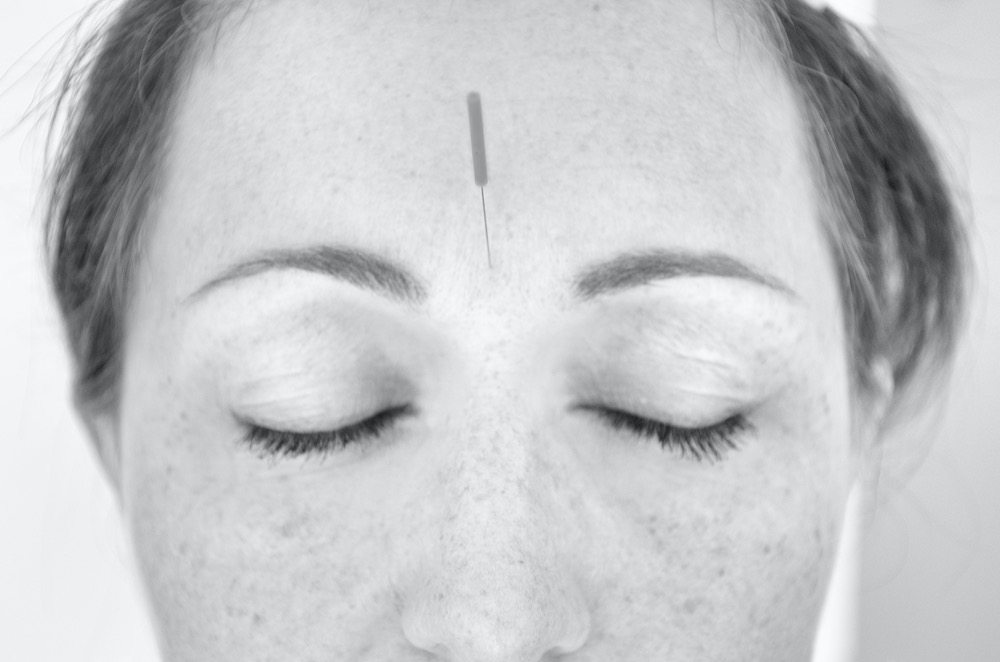
“It is by virtue of the twelve channels that human life exists, that disease arises, that human beings can be treated and illness cured. The twelve channels are where beginners start and masters end.” The Classic of Acupuncture
Circa 1st Century BCE
